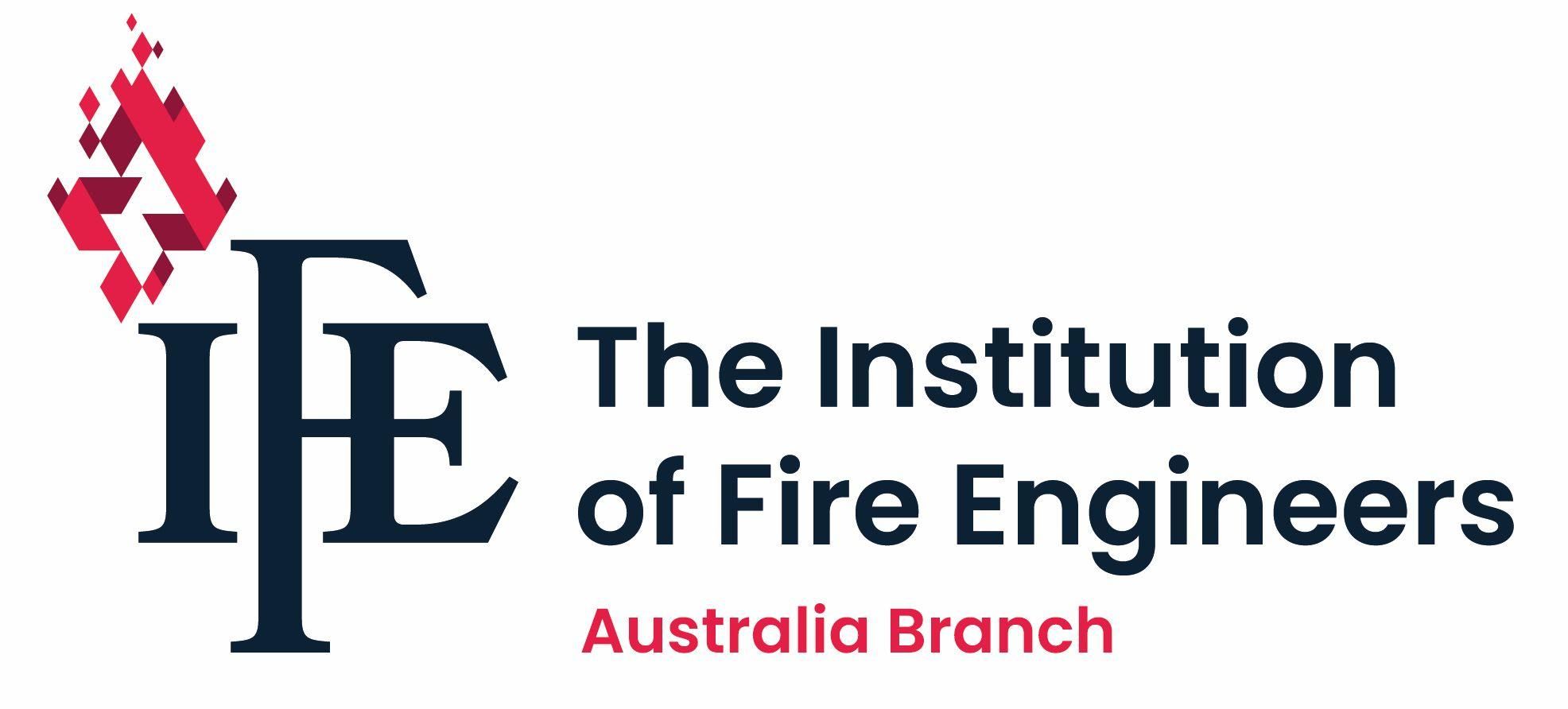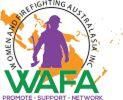AFAC26 will examine how transformational leadership grounded in integrity, equity, and inclusion can shape the future of our industry. We will explore and celebrate how diverse voices and inclusive cultures foster innovation, strengthen social licence and build community trust.
The program will encourage thinking and highlight successes across environments where people feel empowered to contribute, collaborate, and innovate. It will demonstrate how we can further enhance and embed ethical leadership into every layer of our organisations to meet the evolving expectations of the communities we serve.
AFAC26 will consider the impact of constant change and transformation across communities, organisations and cultures. It will challenge our thinking and will seek to understand how we can all navigate complex environments, overcome challenges and lead in the face of adversity.

)
)





)
)
)
)
)
)
)
)
)
)
)